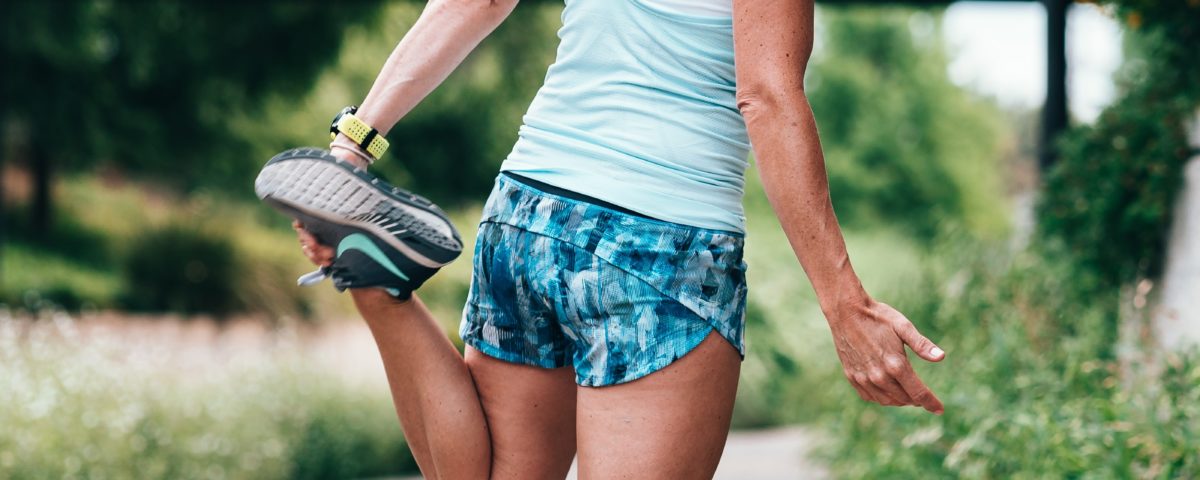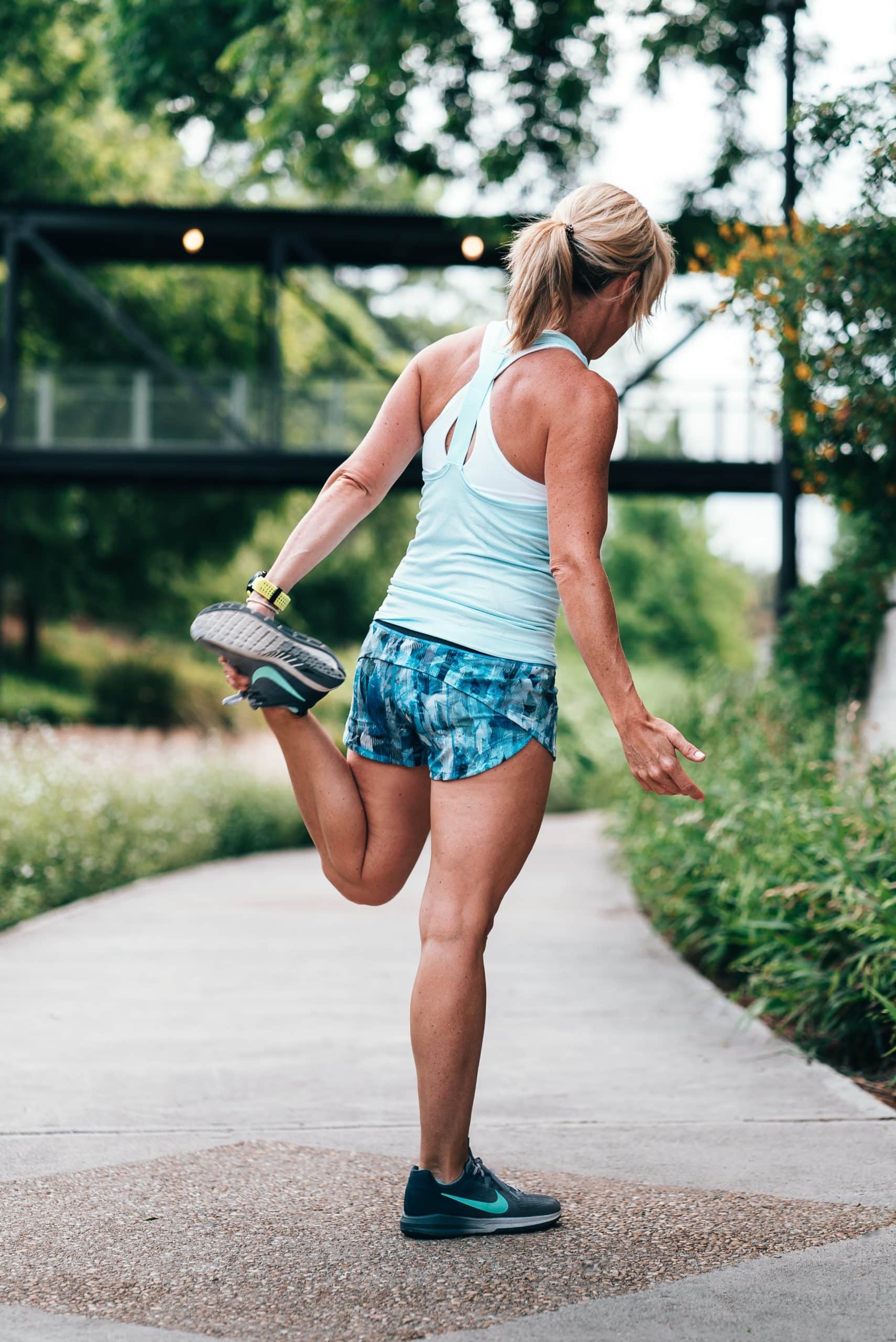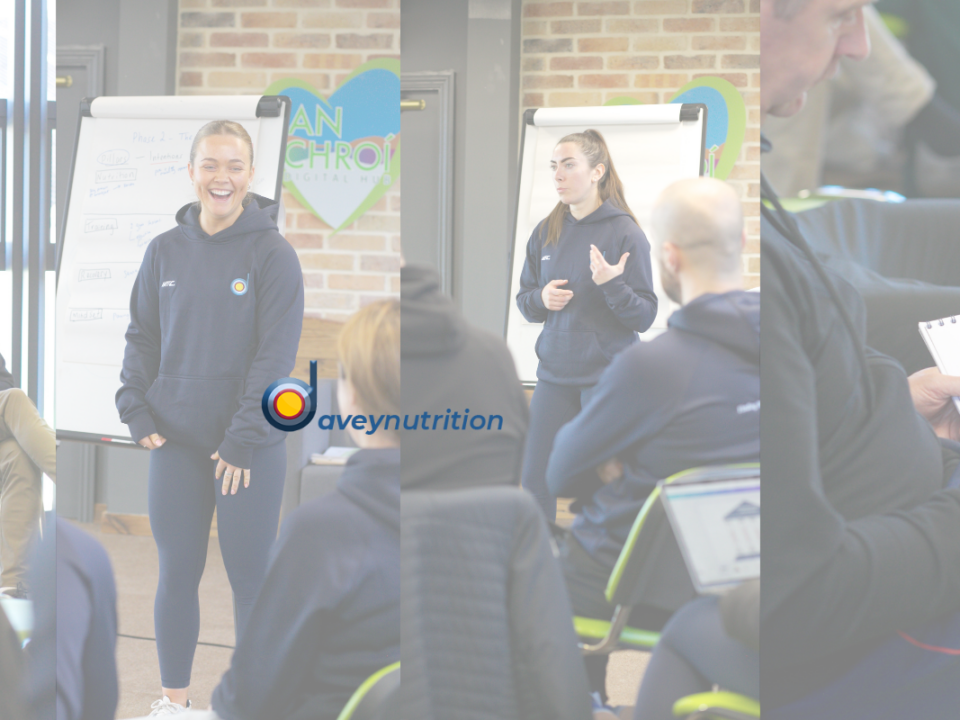Summary:
- Preparation and practice of a specific and individual nutrition strategy is key in the weeks prior to race day.
- Carbohydrate needs vary between individuals and adequate carbohydrate intake will be crucial for optimal performance.
- Hydration before, during and after the race is of upmost importance.
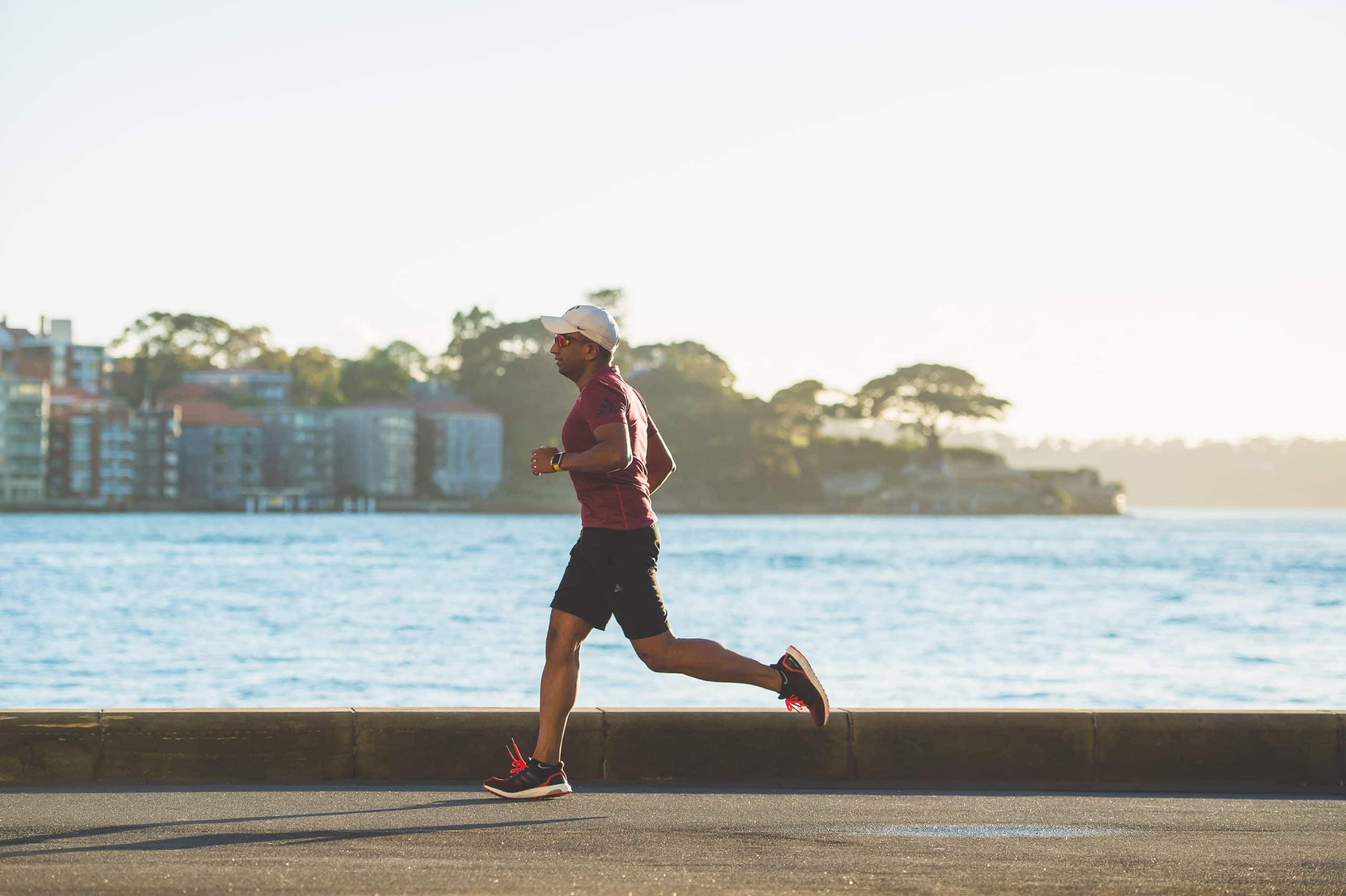 Fueled and Ready for the Race – Perform at your Best with the Right Food and Fluids
Fueled and Ready for the Race – Perform at your Best with the Right Food and Fluids
With only weeks to go until the Dublin Marathon, it’s time to start focusing on your nutrition preparation for race day. Now is the time to establish a strategy that works for you and allows you to perform to your best.
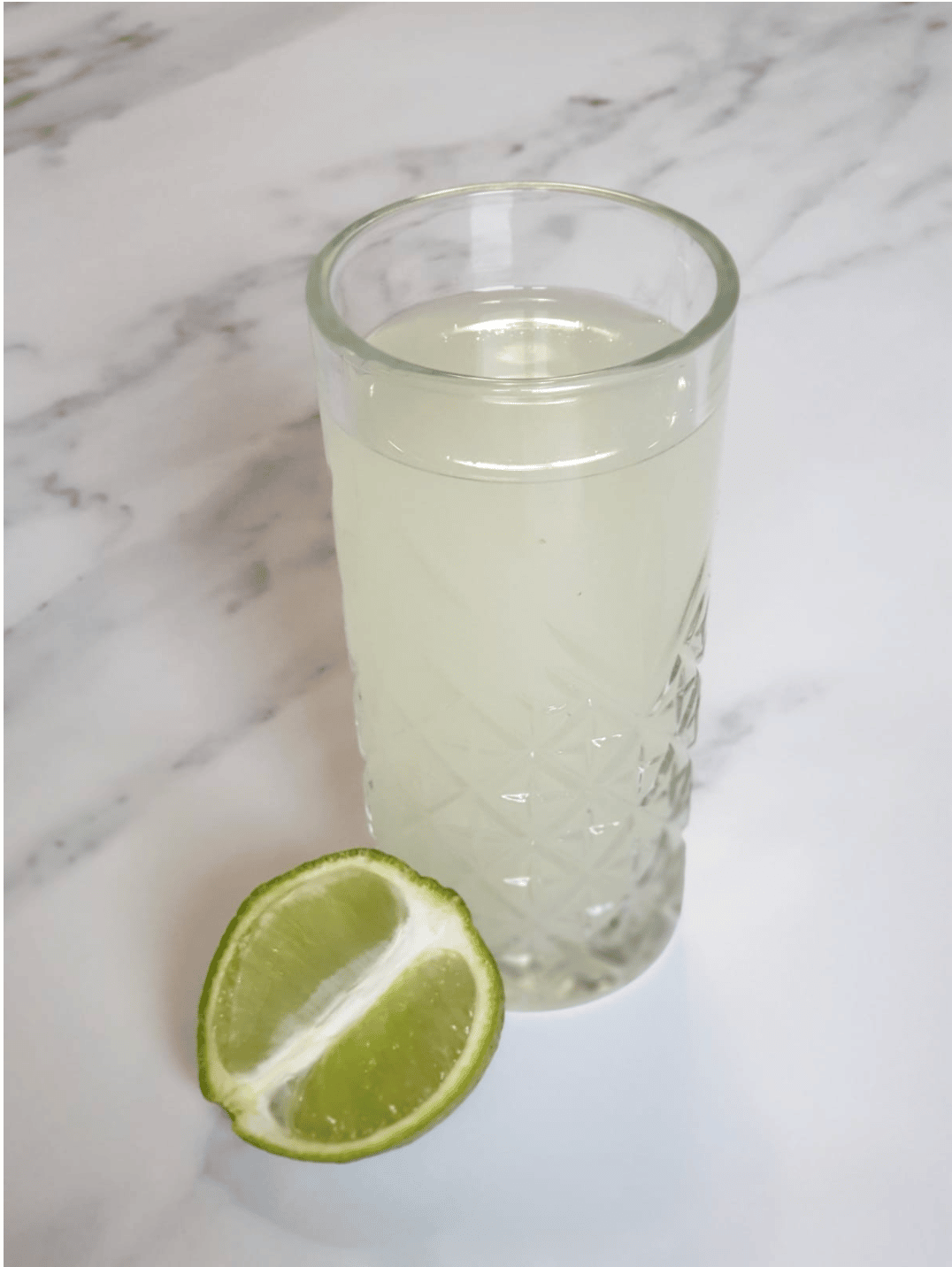 Every runner will have different taste and food preferences, so knowing exactly what to eat and when to eat is hugely important. The next few weeks provide a great opportunity for you to practice nutrition strategies to see what works best for you.
Every runner will have different taste and food preferences, so knowing exactly what to eat and when to eat is hugely important. The next few weeks provide a great opportunity for you to practice nutrition strategies to see what works best for you.
The first thing you should do is devise a nutrition plan. You certainly don’t want to under-eat leading up to the race as this will jeopardize your performance, so matching your energy requirement, in particular your carbohydrate needs, relative to your own body weight are key considerations. Practicing fluid consumption during exercise is also a key part of preparation.
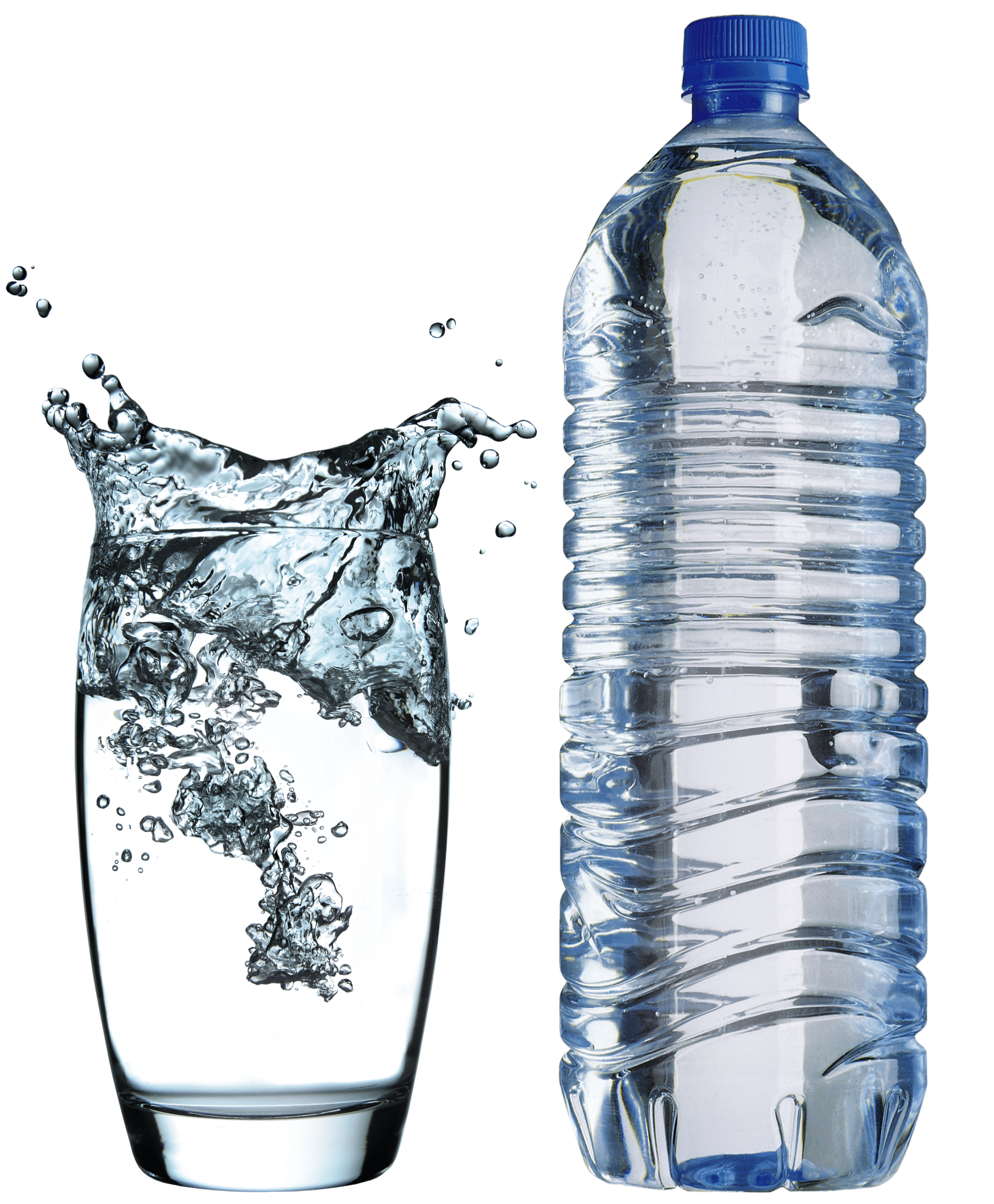 Priming for the Race
Priming for the Race
Carbohydrate is the primary fuel used during high-intensity exercise, while fats are the main energy source used during low-to-moderate-intensity exercise. During the marathon, both energy stores will be used, so priming your body to efficiently use fat as well as ensuring your glycogen (the stored form of carbohydrate in your body) stores are maximised is vital.
This can be achieved not by eating a continuous high-carbohydrate diet, but a moderate amount of carbohydrate on training days, while cutting back your intake on non-training days (this approach is known as carbohydrate “cycling”).
For race day, you should then implement a carbohydrate “loading” regimen.
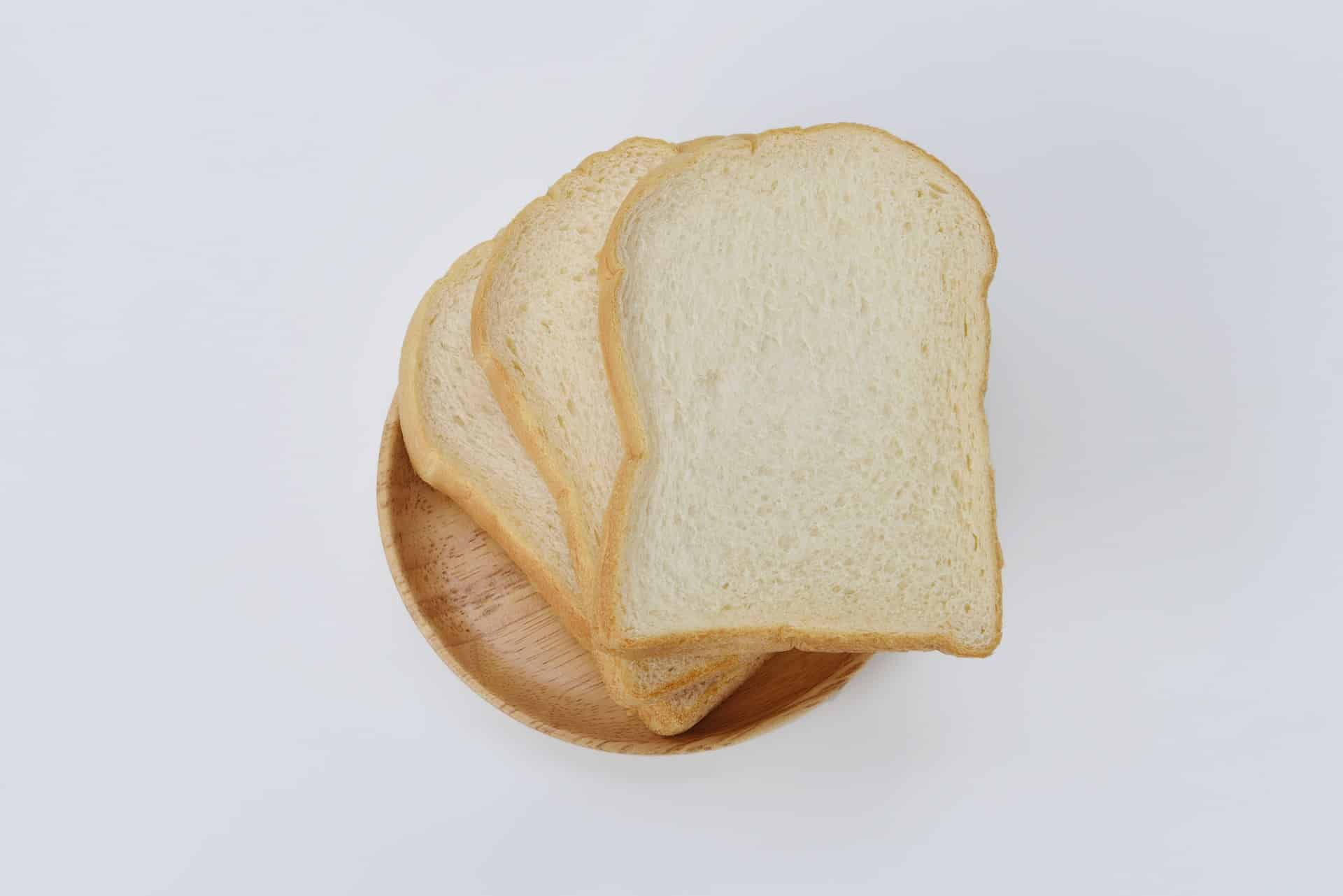 C for Carbohydrate
C for Carbohydrate
In the 7 to 10 days before the race, you will begin to taper your training. During this period, your nutrition focus does not need to rely heavily on large volumes of carbohydrate. A moderate carbohydrate intake in combination with essential fats and protein will provide sufficient energy to allow you to optimally recover and efficiently use both fats and carbohydrates for energy.
Three days out from the race is when the focus really turns to high carbohydrate intakes. Your diet should be made up of 70-80% carbohydrate during carbohydrate loading. The carbohydrate intake guidelines for people aiming to maximise glycogen stores are between 8-12g per kg body mass, with the higher range of intake being for elite runners. This is unquestionably a huge volume of food as it equates to around 800g of carbohydrate for an 80kg athlete!
Knowing your carbohydrate needs
The following calculations are based on average body weights:
50 kg: 400 – 500g
60 kg: 480 – 600g
70 kg: 560 – 700g
80 kg: 630 – 800g
80 kg: 700 – 900g
The aim should be to consume the majority of your carbohydrate requirements from healthy, slow-digesting sources of carbohydrate like root vegetables (e.g. potatoes and sweet potatoes), fresh fruits, and a variety of dried cereals, seeds and grains etc. However, for athletes who struggle to meet requirements, refined carbohydrates like juices, yoghurts, granola bars and creamed rice can be used.
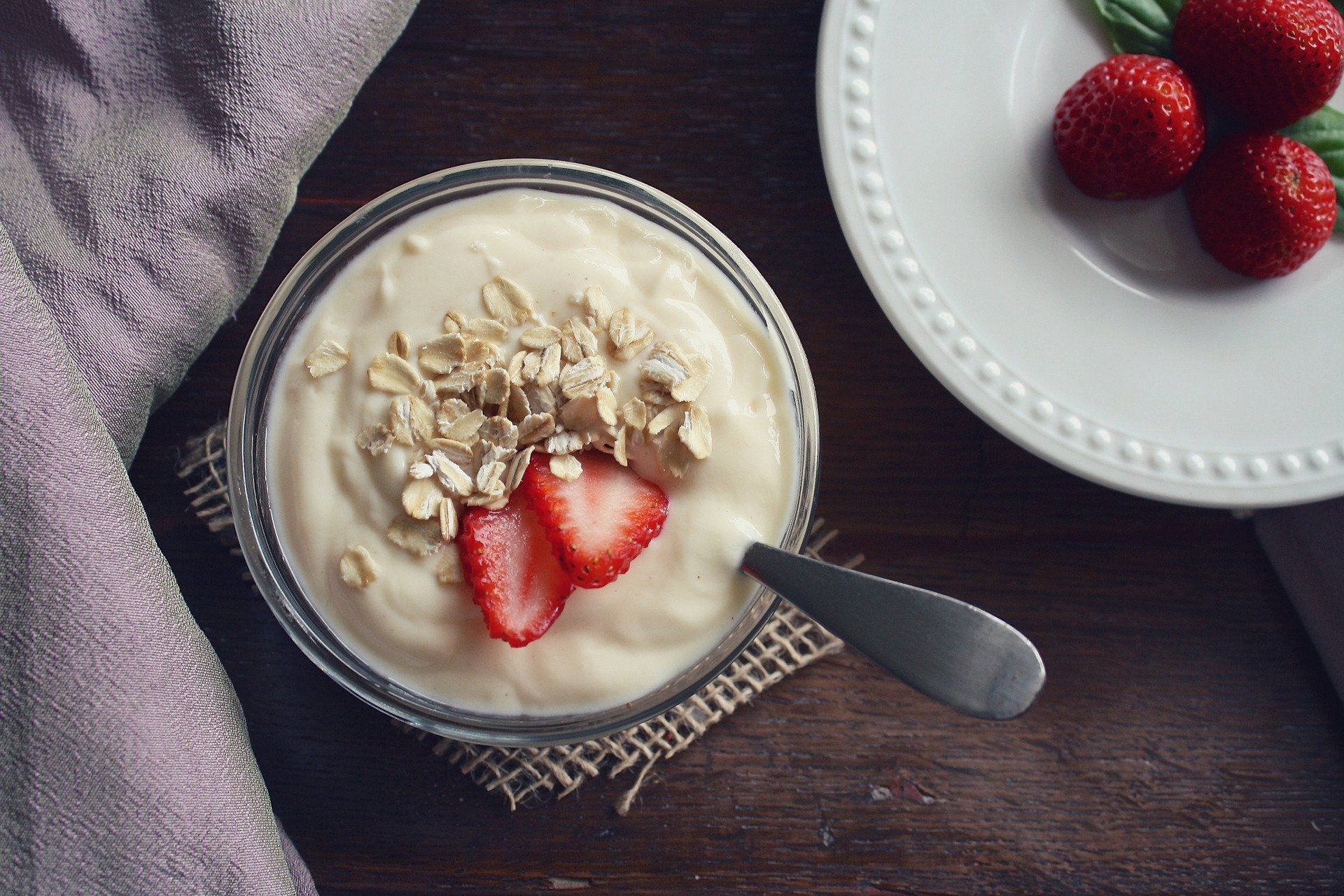 Race Day
Race Day
On the morning of the race, you should aim to have a substantial breakfast that includes slow-digesting carbohydrate and a moderate source of protein. Although it is important that you top-up your energy stores on the day of the race, the majority of your fueling (probably 90-95%) should be completed by your intake on the previous three days.
Light meals and fluids should be the priority to avoid fullness or sluggishness that might come with heavier meals. Avoid foods that are high in fat or fibre. If you have completely saturated your energy stores of carbohydrate in your muscles and liver by carbohydrate loading, you should have sufficient energy from glycogen to complete about three-quarters of the marathon distance.
Once you reach this stage, your glycogen stores become depleted, which is known as “hitting the wall”. So, unless you implement a fueling strategy during the race, you will struggle from this point.
During the Race
‘Hitting the wall’ can be offset by consuming fuel in the form of carbohydrate during the race. Although there are many forms of carbohydrate foods you can use, like sports gels, glucose sweets and energy snacks, the preferred form should be a sports drink.
Sports drinks are designed to provide a source of easily delivered carbohydrate as well as electrolytes that will assist with a better uptake of fluid to offset fluid losses. Consuming 30-60g of carbohydrate in the form of one to two 6% carbohydrate sports drinks per hour of your race is the recommended amount – any more than this and you may risk stomach distress. Check out our articles on Gastrointestinal Issues in Athletes and how to manage these.
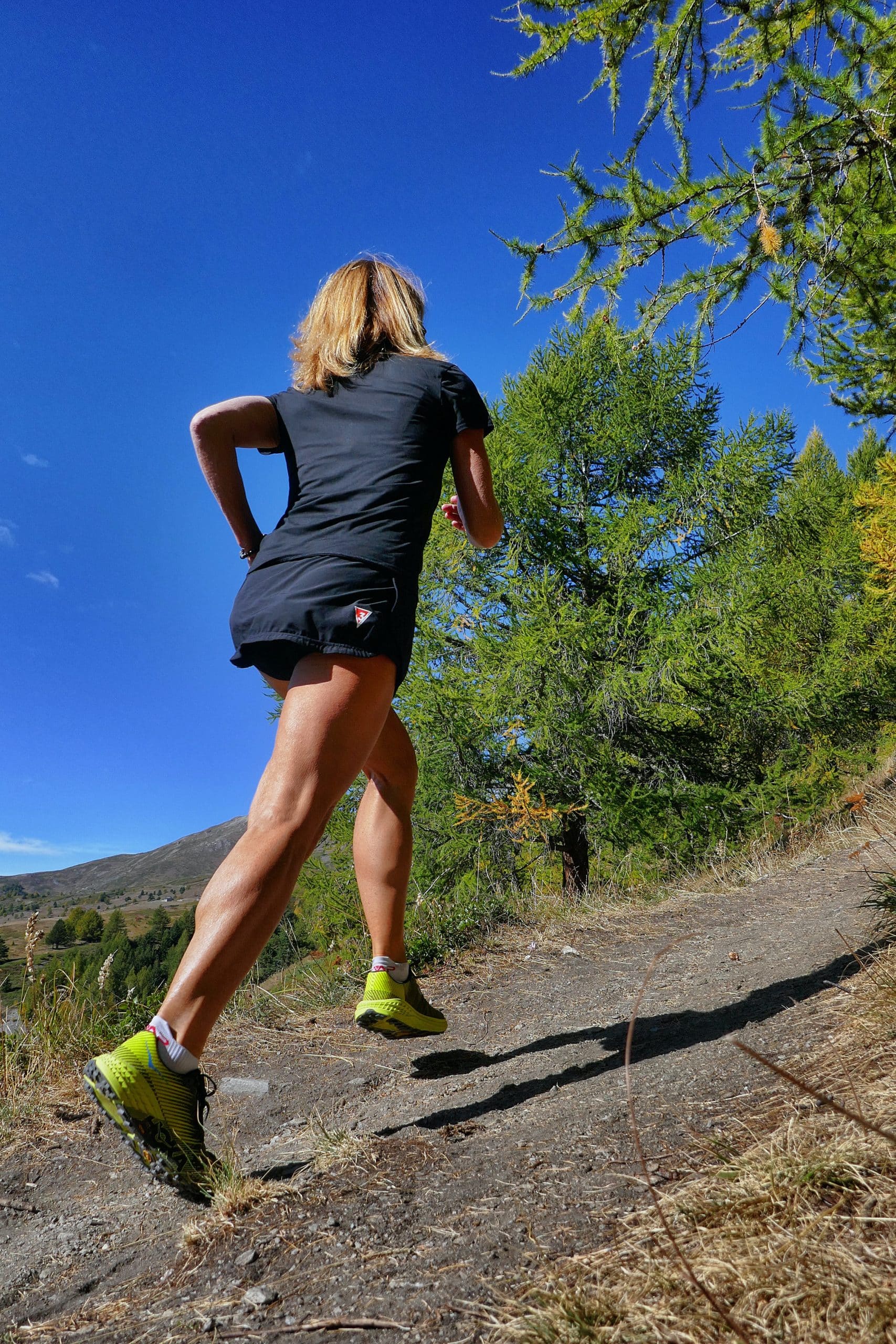 Hydration
Hydration
It is worth monitoring your hydration status the day before and the morning of the race. The simplest way to do this is by checking the colour of your urine – a light pale colour will suggest you are hydrated and dark yellow/orange colour would indicate you are dehydrated.
Although sports drinks may not have been a part of your nutrition training strategy, they certainly should be used during the marathon. Along with helping to maintain hydration, the source of carbohydrate will help to maintain energy levels. Hence, you should begin to practice using them over the coming weeks to see which drink suits you best.
The recommended fluid intake during exercise is 150-250ml every 15 minutes. This works out as 3 to 4 mouthfuls.
Preparation and practice in these few weeks prior to the marathon will be key in ensuring you are ready for race day!
Eva, our performance dietitian, is running a ‘Fueling for a Marathon Webinar‘ on October 11th at 7:30pm, which will support and optimize your marathon nutrition to allow you to reach peak performance on race day! You can sign up here.
Check out the rest of our marathon series on our blog page.
If you would like more information or clarification on exactly what you should be doing in the lead up to and during the race, why not contact us for a consultation or plan for your race. Book in for a consultation here daveynutrition Clinic or email us for more information – aoife@daveynutrition.com.




